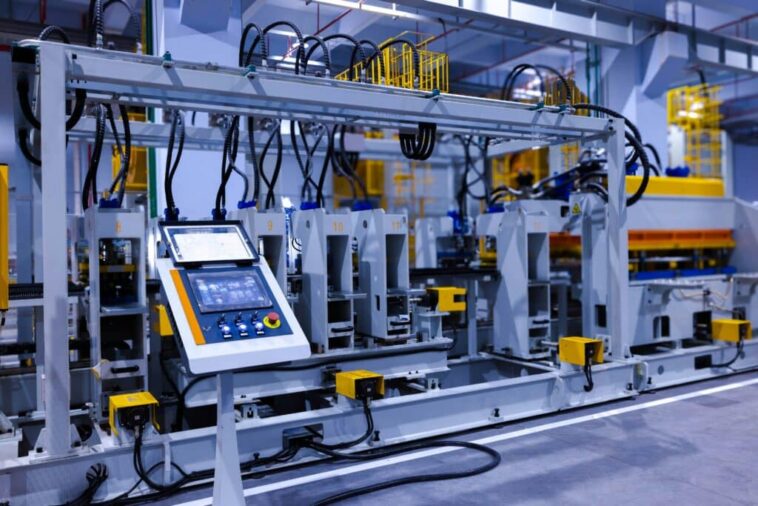Manufacturers are powerhouses in our cultures around the world. They produce the goods that help our lives function. But in turn, they can produce a lot of waste. As companies become more aware of how they impact the environment, they are looking for opportunities to change their ways.
Here’s a quick look at some of the options that manufacturers can use in their quest for sustainability.
IMAGE: UNSPLASH
Copper Machined Components
One of the simplest ways manufacturing companies are cutting waste is by focusing on materials that maximize efficiency. Copper, for example, has become a star player in this transformation. Thanks to its durability, conductivity, and recyclability, copper is being used in innovative ways to reduce waste and energy use.
Copper machined components, for instance, are engineered with precision, allowing manufacturers to create high-quality parts that minimize material waste during production. The benefits extend beyond the factory floor: improved efficiency in electrical applications, reduced energy consumption, and a longer lifespan for products.
By incorporating such smart materials, manufacturers are proving that sustainability can start at the very core of their operations.
Smarter Systems With MRP Software
As factories evolve into high-tech powerhouses, the role of software in sustainability cannot be ignored. Advanced tools like MRP software are changing the game by optimizing processes, reducing waste, and streamlining supply chains.
By implementing systems that track inventory, plan production schedules, and manage resources with pinpoint accuracy, manufacturers are slashing inefficiencies that once drained both profits and the planet.
MRP software, for example, helps companies avoid overproduction—a major source of waste in traditional manufacturing. It also reduces excess inventory, meaning fewer materials end up discarded or unused. By integrating these systems, manufacturers not only save money but also shrink their environmental footprint.
It’s a win-win for business and the planet, showing how digital solutions are paving the way for a greener future.
Recycling Waste Into New Materials
The days of discarding factory waste as useless byproducts are quickly becoming a relic of the past. Many manufacturers are now embracing circular economies, where waste is recycled back into usable materials.
Whether it’s reusing scrap metal to create new components or converting plastic waste into pellets for future production, companies are finding creative ways to extend the life cycle of their resources.
This shift helps to reduce the amount of waste heading to landfills and it also cuts down on the energy needed to process raw materials. Recycling practices are proving that sustainability doesn’t mean halting production—it means rethinking it.
By transforming waste into value, manufacturers are demonstrating that there’s no such thing as throwing something away in a world where everything can have a…

